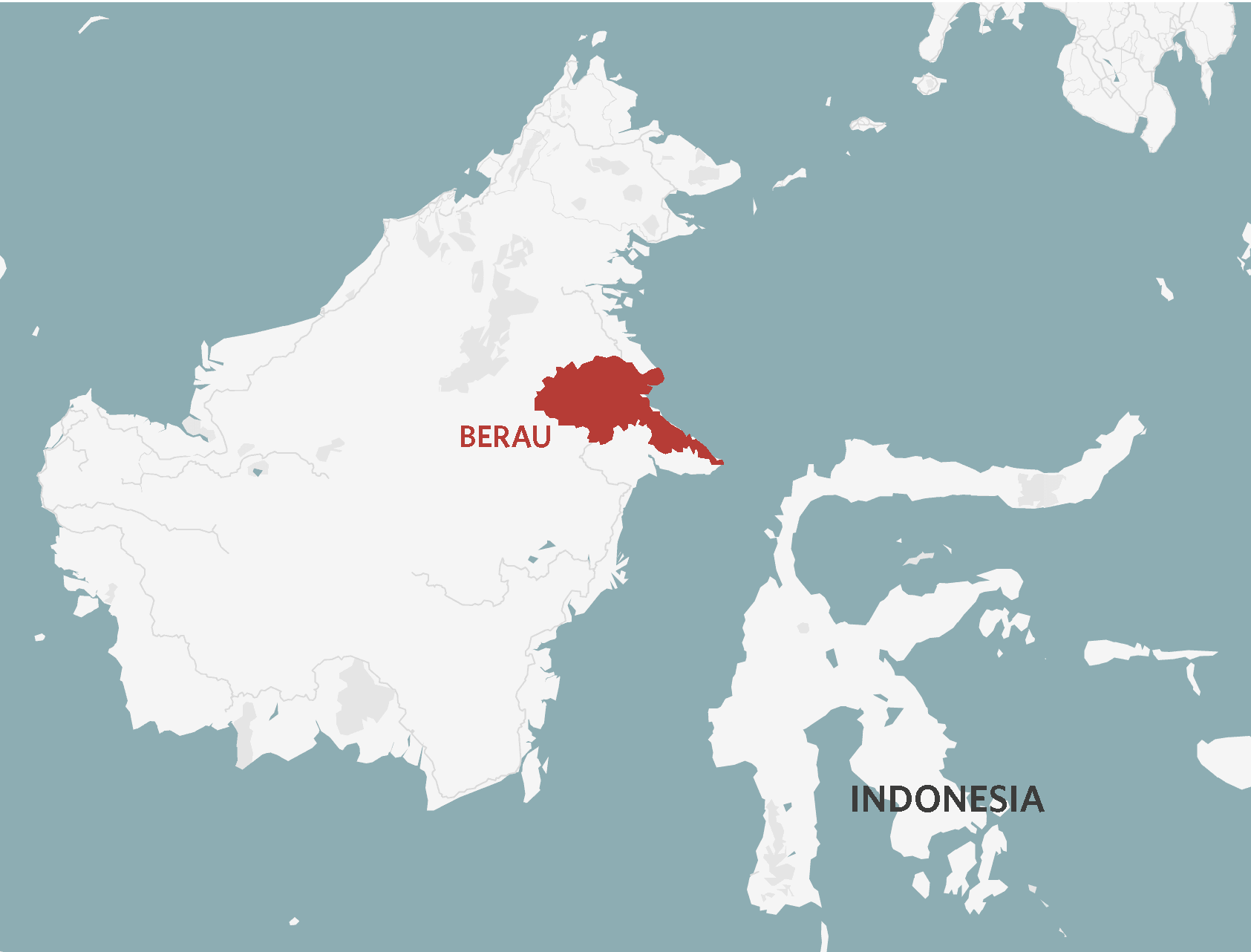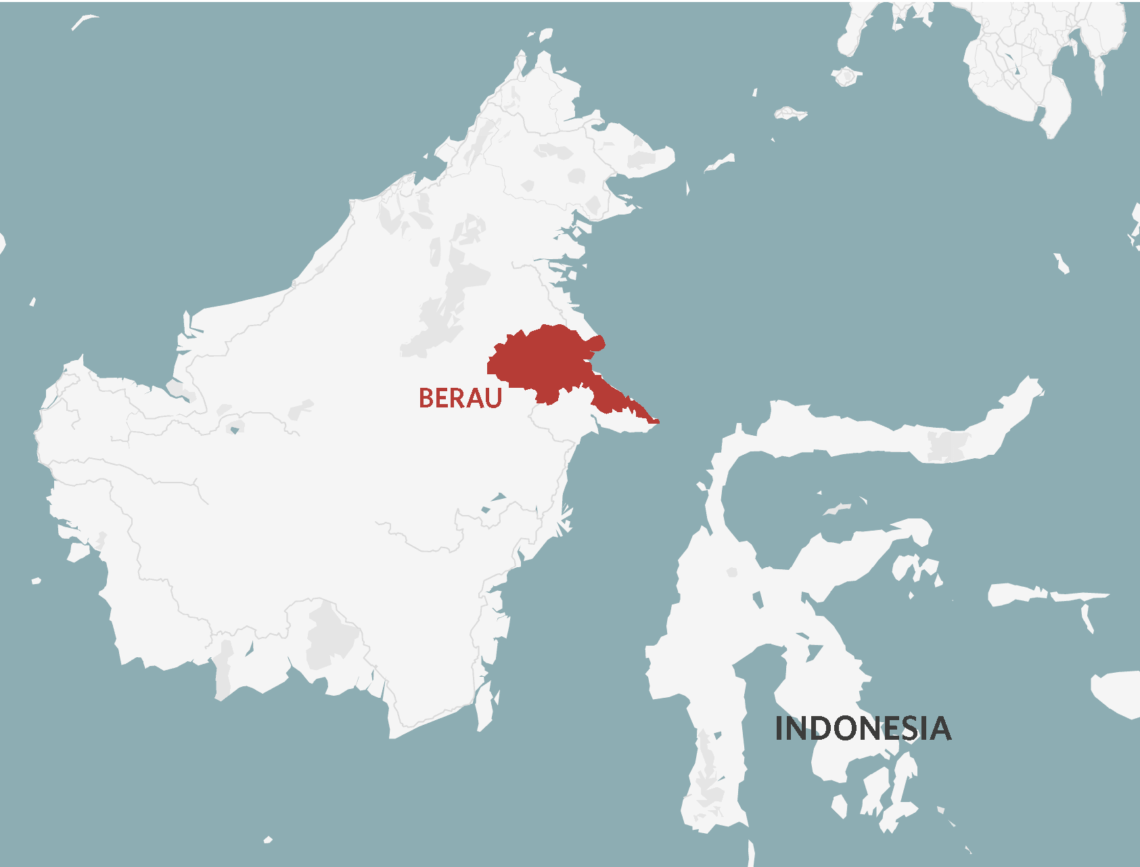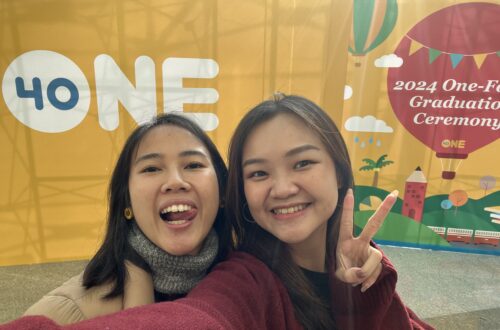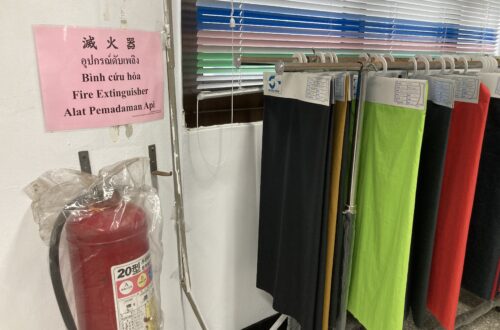Yesterday I met with Jacquie and Uli – mentor and fellow mentee of Sun Walking’s REMS Leadership Program, respectively. Uli comes from a completely different background. He is passionate about plants as a micro subject and humans’ relationship with nature as a macro subject. Speaking about bird migration and agrotourism in Costa Rica made me think about the importance of understanding the ecosystem of the population that you are interested in. So much of what we can do to help a population thrive comes down to paying attention to the details: what is the ecosystem that they are part of?
The people of Mastalal in Costa Rica make a living through agrotourism. There are four locally run eco-lodges in this town and that is sufficient in providing employment and security for all. A fellow LPDP awardee, Pratamy, who is an expert in Indonesian village economic development, once told me that the key to successful economic development in Indonesia’s rural area is participatory mapping. International Fund for Agricultural Development defines it as “a map-making process that attempts to make visible the association between land and local communities by using the commonly understood and recognized language of cartography”. Tamy’s team started a pilot project on participatory mapping in Berau, East Kalimantan, analysing their land potential and what the residents see as potential sources of income in the area. They identified pepper and rebon shrimp (acetes) as marketable commodities. The team and local leaders worked to harvest, process, package, and market these commodities until they become available readily available at airports as Berau’s specialities.

I wonder if it’s possible to conduct participatory mapping in urban areas, like Taipei in Taiwan. What is it about the land and the people that can sustain and lift migrant workers’ livelihoods, either now or in the future upon their return? I think there is something remarkable about Taipei, which is the presence of a learning ecosystem for migrants.
Paulus Rudolf Yuniarto wrote a brilliant research paper called “Migrant Workers Empowerment Through Vocational Education and Community-Based Learning: A Study Case of Indonesian in Taiwan“. This is how I discovered One-Forty, the organization that I’ll be working for. In his paper, he mapped organizations and entities in Taiwan that offer vocational education for Indonesian migrant workers. For examples:
- One-Forty: a nonprofit that offers free classes to Southeast Asian workers in subjects such as Mandarin, Financial Literacy, and Entrepreneurship.
- Community Learning Center Bhakti Jaya: a community-based organisation that offers high school diplomacy equivalency classes for Indonesians.
- Indosuara: a for-profit Indonesian company based in Taiwan that offers free classes, including Mandarin, English, Computer, Beauty Salon, and Baking. They also seek to work with the Indonesian Ministry of Education to create a program in Taiwan for Indonesian migrants to get certifications in Nursing or Hospitality so that informal workers can work towards getting a certification while they work and then transitioning to formal employment once they are certified.
There are other organizations, but the examples above show a diversity of learning centres in Taiwan, which is a unique strength that is worth understanding further.
In a strange twist of fate, I also met Sophie, a Taiwanese girl in Cambridge who told me about the social enterprise community in Taiwan. She herself started a nonprofit called 17arabic, which connected Syrian refugees in Jordan with Taiwanese who are interested in learning Arabic from them. What is it about Taiwan/Taipei that enables a social entrepreneurial environment?
I have a Taiwanese friend whom I met in Bali through Couchsurfing. I know Ching studied Transport Policy and Planning at Hong Kong University. I should connect with her once I am in Taiwan to pick her brains on Taipei’s transportation system and how, perhaps, it is conducive to gathering, and by extension, learning. After all, Taipei is known for having a great transportation system. The main station of Taipei is a gathering centre for migrant workers on the weekends, from what I’ve been told. That sounds like a great avenue for ethnographic research.
Anyway, Jacquie recommended that I look into the Department of Urban Studies and Planning at MIT for my doctoral studies. When I first heard it, I didn’t see the connection between migrant education and urban studies (which I thought was more about architecture). But actually, maybe she has a point. Maybe the answer to what we can do to break the cycle of limited opportunities…is to seek opportunities in the places that migrants live in, whether it is in Taiwan, Indonesia, or beyond.
Discover more from Elhana S.
Subscribe to get the latest posts sent to your email.






Looking for a new and ‘ok9cool’ site? I tried ok9cool recently, and I’m liking what I see so far! The variety of games will keep you busy. ok9cool